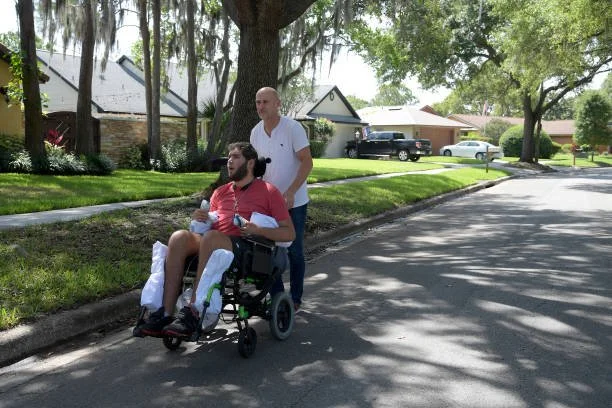What Traumatic Brain Injury (TBI) Cases Require from a Medical-Legal Standpoint
TBI Cases Are Complex—And Legally High-Stakes
Traumatic brain injuries (TBIs) are among the most challenging personal injury cases to litigate. While the injuries may not always be visible, their impact can be life-altering—physically, cognitively, and emotionally.
For attorneys, successfully handling a TBI case requires a strong understanding of medical records, symptom progression, diagnostic imaging, and long-term care needs. But making the medical facts legally compelling takes strategic interpretation and support.
At Lexcura Summit Medical-Legal Consulting, our legal nurse consultants (LNCs) provide the expert clinical insight attorneys need to evaluate, prepare, and win TBI cases. Here’s what these cases require from a medical-legal standpoint.
1. A Clear Medical Chronology of the Injury and Symptoms
TBIs may occur from falls, vehicle collisions, assaults, or sports injuries—and the symptoms often evolve over time. Establishing a detailed timeline of events, diagnosis, and treatment is crucial for establishing causation and proving damages.
Lexcura Summit Delivers:
Structured medical chronologies linking the mechanism of injury to neurological symptoms
Identification of delays in diagnosis or treatment
Tracking of symptom progression (e.g., memory loss, cognitive decline, personality changes)
🔍 Why It Matters:
A clear chronology helps establish when the injury occurred, what care was provided (or missed), and how the condition developed over time.
2. Accurate Interpretation of Diagnostic Imaging and Records
MRIs, CT scans, and neuropsychological evaluations play a critical role in TBI cases—but they require clinical interpretation that connects findings to functional impairments.
Our LNCs:
Cross-reference radiology reports with physician notes
Highlight inconsistencies between documented findings and reported symptoms
Translate complex neurology into plain-language explanations for attorneys, juries, and experts
🔍 Why It Matters:
You must prove that imaging supports the diagnosis—or explain how a “normal scan” doesn’t rule out a mild or moderate TBI.
3. Analysis of Missed Diagnoses or Delayed Treatment
In many TBI cases, the injury isn’t recognized immediately. Patients may be discharged from ERs with “concussion” labels, only to experience worsening symptoms later.
Our consultants examine:
Emergency department assessments
Glasgow Coma Scale scores
Missed signs of intracranial pressure, vomiting, or confusion
Gaps in neurology consults or follow-ups
🔍 Legal Significance:
Missed or delayed diagnoses may support claims of negligence or failure to follow proper clinical protocols.
4. Connection Between Medical Evidence and Functional Loss
To build a strong case for damages, you need more than records—you need to connect the TBI to real-world limitations in:
Memory and executive function
Communication
Work ability
Behavior and relationships
Our LNCs collaborate with your legal team to:
Summarize rehab and occupational therapy records
Identify long-term deficits supported by documentation
Prepare damage narratives grounded in medical fact
5. Support in Coordinating Neurological and Life Care Experts
Severe and even moderate TBI cases often require:
Neurologists or neuropsychologists for expert testimony
Life care planners to assess future care needs
We assist by:
Recommending appropriate specialties
Preparing organized record packets for review
Aligning expert opinions with your legal theory
6. Strategic Deposition and Trial Preparation
In TBI litigation, cross-examination of healthcare providers, therapists, or experts can make or break your argument. We help prepare:
Deposition questions focused on cognitive changes, care gaps, or rehabilitation delays
Trial visuals that explain brain anatomy and symptoms clearly
Expert challenges based on inconsistencies or unsupported conclusions
Why Lexcura Summit Is Trusted for TBI Case Support
Our services include:
✅ Medical record analysis by licensed nurse consultants
✅ Creation of detailed timelines and symptom progressions
✅ Support for expert coordination and damage calculation
✅ HIPAA-compliant platforms and 7-day turnaround for standard reviews
✅ Nationwide availability for plaintiff and defense counsel
We bring clinical clarity and legal precision to every brain injury case we support.
Final Thoughts
TBI litigation is never simple. Whether you’re handling a mild concussion or a catastrophic brain injury, success depends on your ability to understand and communicate complex medical information clearly and convincingly.
📞 Contact Lexcura Summit Medical-Legal Consulting today to get the clinical insight and strategic support you need for your next TBI case.

